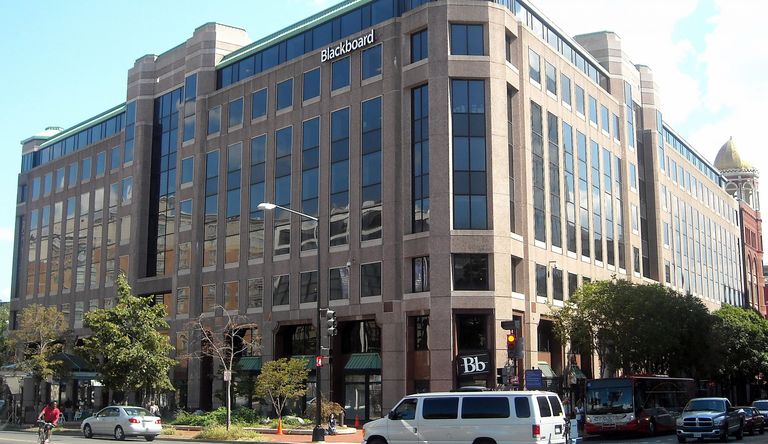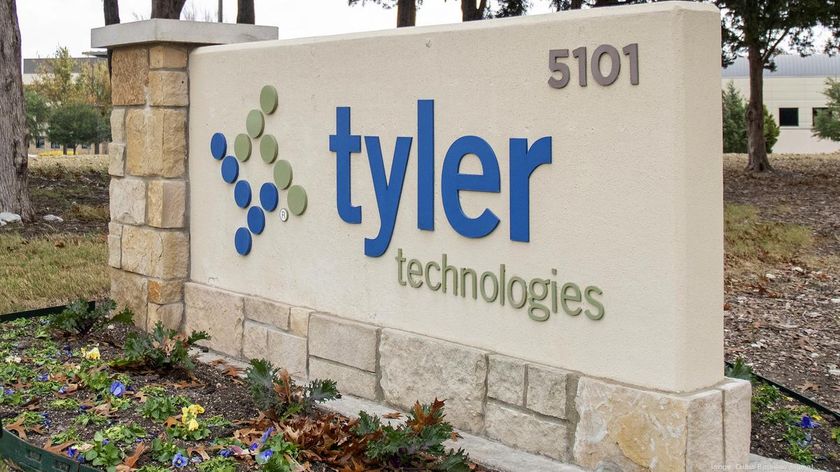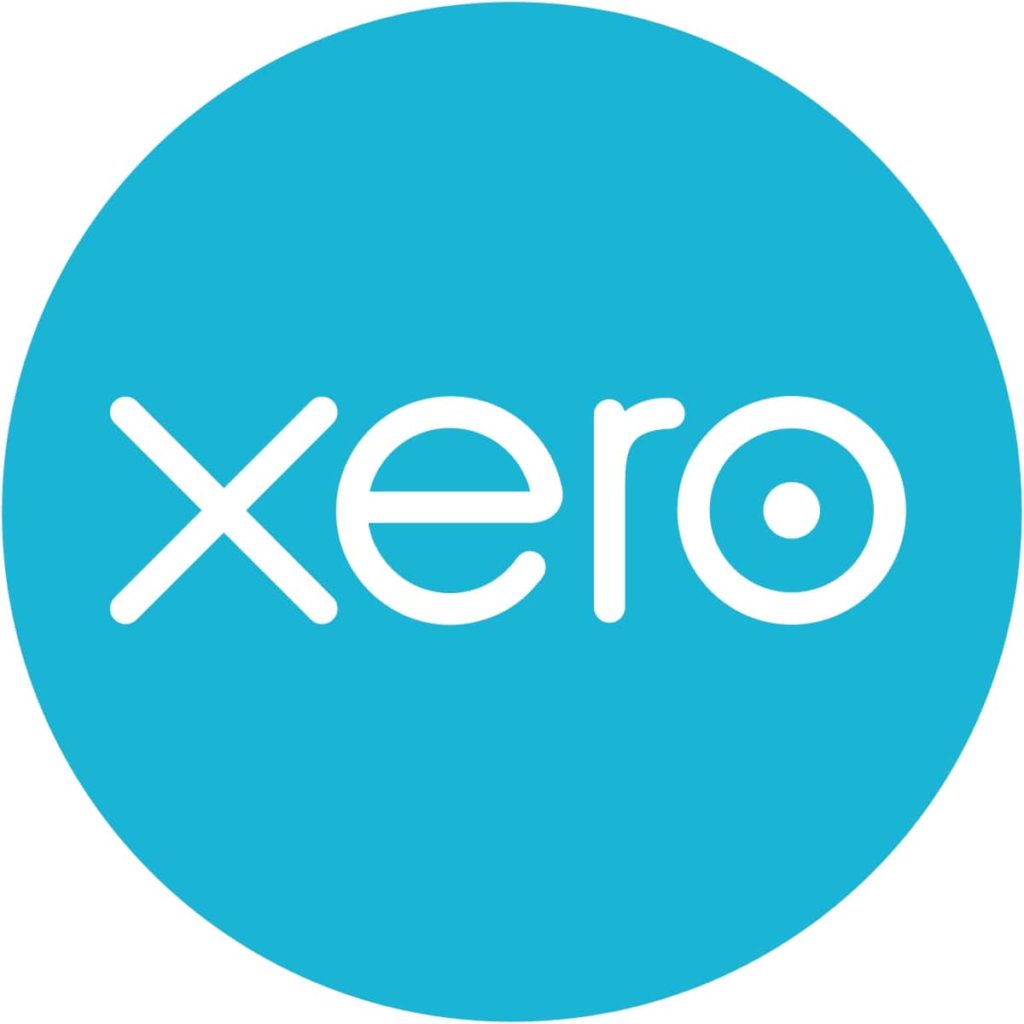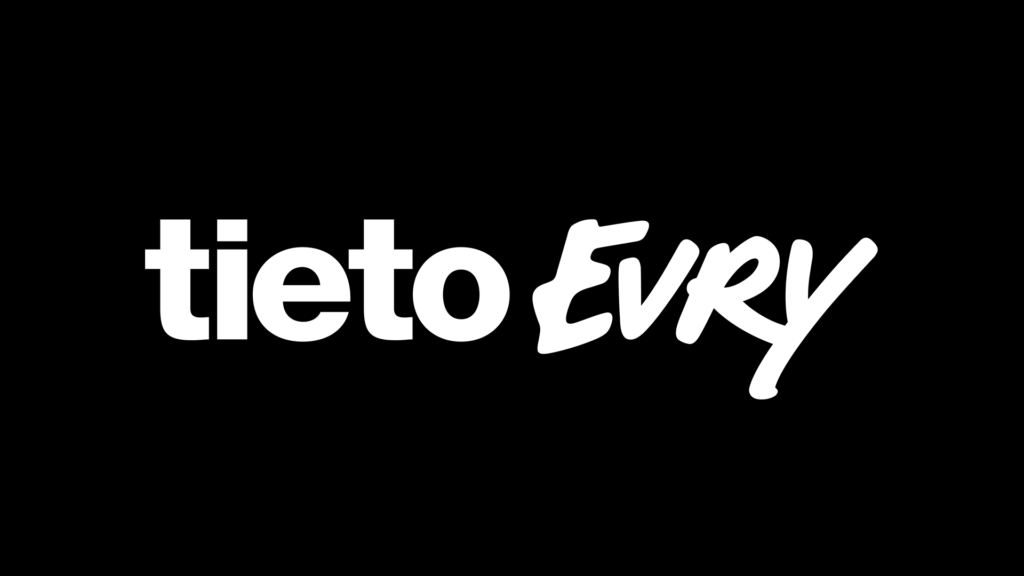Persistent Systems – Providing Full Product Life Cycle Services.
Persistent Systems Limited is a multinational corporation that specializes in software products, services, and technological innovation. The company provides full product life cycle services. The company provides services at all stages of the product life cycle, allowing us to work with a diverse set of customers and create, upgrade, and deploy their software products. In the Deloitte Touché Tohmatsu Technology Fast 500 Asia Pacific 2009, the company was recognized as one of the leading technology companies.
About The Company
On May 30, 1990, Persistent Systems Private Limited was formed, then on September 17, 2007, the firm was transformed into a public limited company and its name was changed to Persistent Systems Limited. The organization has extensive experience in telecommunications, life sciences, and infrastructure and systems. The company invested in innovative cloud computing analytics enterprise collaboration and enterprise mobility technologies and frameworks. It is an OPD specialist firm that provides consumers with the advantages of offshore delivery. It generates new applications and increases the functionality of customers’ existing software products while designing, developing, and maintaining software systems and solutions. It provides services at all phases of the product life–cycle, allowing it to collaborate with a diverse set of customers and develop, upgrade, and deploy its software products. It was named one of the top technology businesses in the Asia Pacific Deloitte Touché Tohmatsu Technology Fast 500 in 2009.
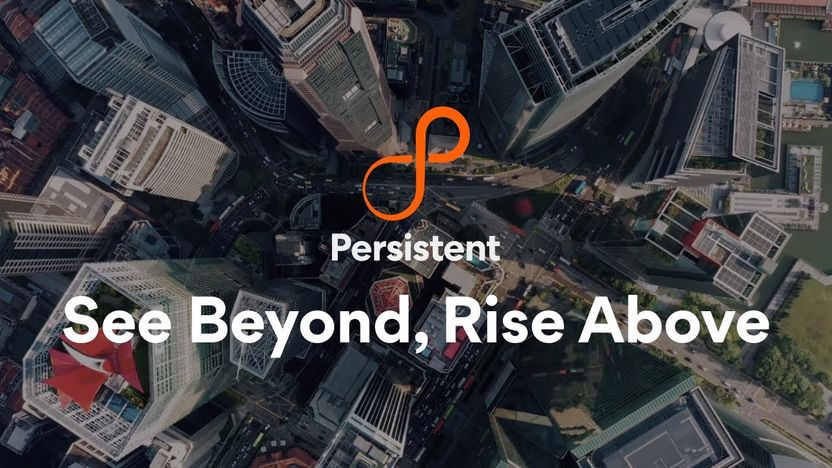
Founding Story
Persistent Systems creates software that powers its clients’ businesses. In 1990, it was incorporated in India as Persistent Systems Private Limited. The founders of Persistent Systems, LLC pioneered the initial R&D into high throughput routing in early 2002 and have been consistently striving to ensure that data moves effectively via the wireless network. Over the next decade, it bought several software competitors and grew globally, creating operations in the United Kingdom, Japan, and the Netherlands. It also created alliances with companies such as Microsoft and M/1M.
It established Persistent Systems, Inc., a wholly-owned subsidiary situated in the United States, in 2001. Persistent Systems Limited was incorporated as a public limited company in September 2007. The firm’s shares were listed on the National Stock Exchange of India in March 2010. That same year, it bought many companies, including Infospectrum and Paxonix, a MeadWestvaco affiliate.
Fourth S – Software 4.0 – In 2014, Anand noticed that every company was becoming a product company, and there was talk about software consuming the globe.’ Anand met M R Rangaswami, co-founder of Sand Hill Group, who later assisted Persistent in developing its digital transformation narrative.
Key Partners And Resources
The suppliers who supply Persistent Systems with the equipment and services it needs to run its operations, as well as the contractors who provide temporary job services, are significant partners. IBM, Oracle, Salesforce, Appian, and Microsoft are among the company’s partners. The core resources of Persistent Systems are its human resources, which include the engineers who design and develop its software as well as the customer service employees who provide assistance. Persistent Systems’ structure is cost-driven, with the goal of minimizing expenses through extensive automation. Its most expensive variable item is the cost of acquired software licenses.
Anand Deshpande – Founder
Dr. Anand Deshpande has been the Founder, Chairman, and Managing Director of Persistent Systems since its creation, and is responsible for the Company’s overall leadership, strategy, and management. Anand’s talents as a real technology visionary lay in discovering and investing in next-generation technologies, as well as promoting internal entrepreneurship, to guarantee that Persistent Systems remain at the forefront of technological innovation.
Anand has been a driving force in the growth of Persistent Systems from its foundation in 1990 to its current status as a publicly-traded worldwide company. In 2012, he was named a Distinguished Alumnus by IIT Kharagpur, and in 2007, he received the Career Achievement Award from Indiana University’s School of Informatics. Prior to creating Persistent Systems, Anand worked as a Member of Technical Staff at Hewlett-Packard Laboratories in Palo Alto, California, from May 1989 until October 1990.

I am a second-year student pursuing Liberal Arts from Nmims. I am a painter, I love reading and have a great interest in cooking. I am also a trained kickboxer. I’ve always had a passion for writing and hence in my free time, I work as a freelance writer.
